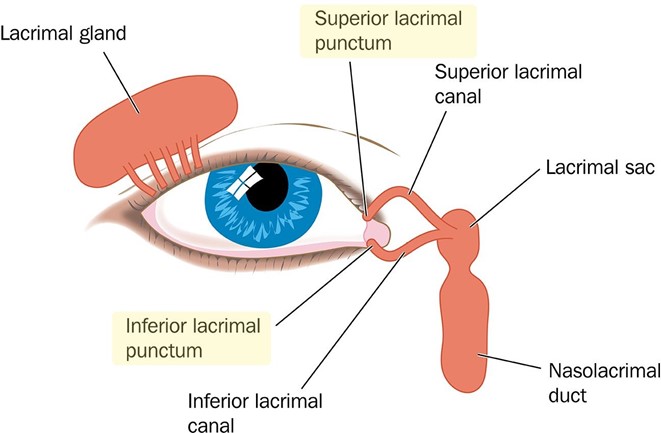A nurse is reinforcing teaching with the guardian of a 2-month-old infant about immunizations. Which of the following statements by a guardian indicates an understanding of the teaching?
"I should not feed my baby anything for 2 hours prior to an immunization."
"I should expect my baby to have a high fever for 24 hours after an immunization."
"My baby will receive the rotavirus immunization orally
"My baby will receive three doses of the meningococcal immunization before kindergarten."
The Correct Answer is C
The rotavirus vaccine is administered orally, usually in the form of drops. It is given to infants to protect against rotavirus, which is a common cause of severe diarrhea and dehydration in young children. By stating that the baby will receive the rotavirus immunization orally, the guardian demonstrates an understanding of this specific vaccination.
There is no need to restrict feeding for a specific duration before immunization unless otherwise specified by the healthcare provider. In general, it is important to ensure that the infant is well-fed and hydrated.
While mild side effects such as low-grade fever, fussiness, or local soreness at the injection site may occur after immunizations, having a high fever for 24 hours is not a typical or expected reaction. If a high fever or any concerning symptoms develop after immunization, it is important to contact the healthcare provider.
The number of doses and the schedule for meningococcal immunization can vary depending on the specific vaccine used and the recommendations of the healthcare provider or local guidelines.
Nursing Test Bank
Naxlex Comprehensive Predictor Exams
Related Questions
Correct Answer is A
Explanation
When administering eye drops to a child, the nurse should apply gentle pressure to the lacrimal punctum (the small opening in the inner corner of the eye) after administering the drops. This can help prevent the medication from draining into the tear duct and being absorbed into the bloodstream, which can reduce systemic side effects.

Correct Answer is A
Explanation
An oxygen saturation level of 90% is below the normal range and indicates inadequate oxygenation. This finding could indicate respiratory compromise or impaired lung function, which may require further assessment and intervention before allowing the client to ambulate.
The respiratory rate of 20 breaths per minute, apical pulse rate of 88 beats per minute, and oral temperature of 37.6°C (99.7°F) are within the expected range and do not raise immediate concerns that require reporting to the charge nurse prior to ambulation.
However, the nurse should continue to monitor these vital signs during and after ambulation to ensure stability.
Whether you are a student looking to ace your exams or a practicing nurse seeking to enhance your expertise , our nursing education contents will empower you with the confidence and competence to make a difference in the lives of patients and become a respected leader in the healthcare field.
Visit Naxlex, invest in your future and unlock endless possibilities with our unparalleled nursing education contents today
Report Wrong Answer on the Current Question
Do you disagree with the answer? If yes, what is your expected answer? Explain.
Kindly be descriptive with the issue you are facing.
